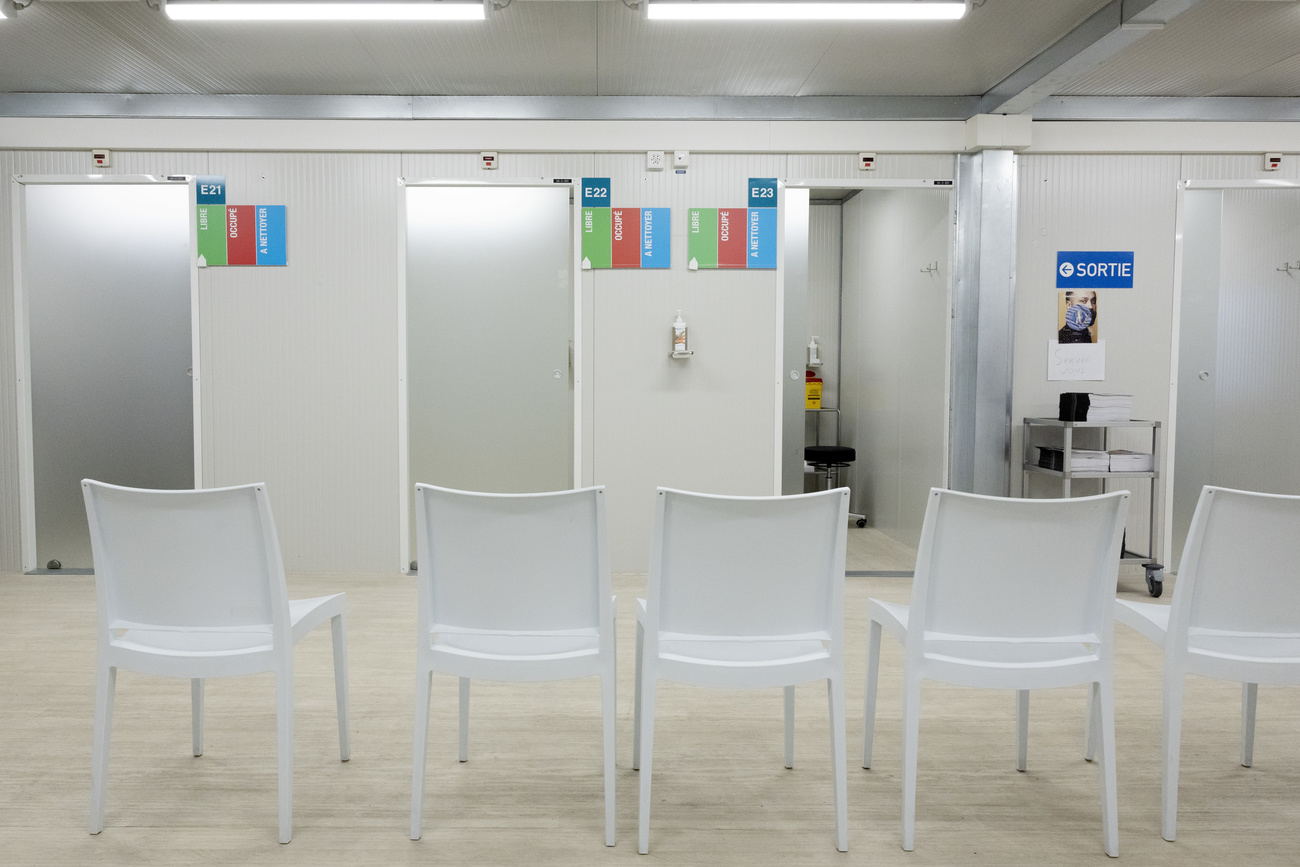
The army and political career of Ariel Sharon
As Israeli prime minister Ariel Sharon fights for his life, swissinfo takes a look back at the long and controversial career of the political strongman.
Ariel Sharon, whose original name was Sheinerman, was born near Tel Aviv in 1928.
In the 1940s, he joined the Haganah Jewish underground military organisation, and fought in the Arab-Israeli war in 1948-49 after the creation of Israel.
In the 1950s he led a number of retaliatory military operations. In one incident in 1953, 50 Palestinian houses in the village of Qibya were blown up, killing 69 residents.
Rising to the rank of brigadier-general, Sharon took part in the Six-Day War in 1967 that saw Israel take over East Jerusalem, the West Bank and Gaza.
Believing he had little chance of being appointed Chief of Staff, Sharon resigned from the army in June 1972 but was recalled to military service during the 1973 Yom Kippur war.
He led the crossing of the Suez Canal, disobeying orders and risking outrunning his supplies. According to some versions of the war, Sharon’s action allowed the Israelis to surround the Egyptian Third Army and end the war in a superior tactical position.
Political life
Sharon’s political career began with his election to the parliament, or Knesset, in December 1973 on a rightwing ticket. He resigned a year later, and became security adviser to Prime Minister Yitzhak Rabin.
He was re-elected to the parliament in 1977 and joined the rightwing Likud party after the elections. He served as minister of agriculture in Menachem Begin’s first government as well as Chairman of the Ministerial Committee for Settlements.
In 1981, he was appointed defence minister, and as such masterminded the Israeli invasion of Lebanon the year after. The war forced the Palestinian Liberation Organisation and its charismatic leader Yasser Arafat into exile in Tunis.
The invasion proved very unpopular in Israel and abroad because of events such as the massacre of at least 700 Palestinians in the Sabra and Shatila refugee camps by Christian militia.
In 1983, Sharon resigned as defence minister after an official inquiry found him indirectly responsible for Sabra and Shatila, but he remained a member of various Israeli governments until 1992, and again from 1996 to 1999. During this time, he continued to support the creation of new Jewish settlements in the occupied territories.
Premiership
Sharon became leader of the Likud Party in 1999, and prime minister in 2001 after his election defeat of Ehud Barak and the Labour Party.
In June 2002, his government adopted a plan to construct a wall between Israel and the West Bank. The controversial barrier effectively annexes large settlements into the Israeli side.
Last year, he went on to withdraw from Gaza and four settlements in the northern West Bank in the face of great hostility at home. But he ruled out any further unilateral withdrawals.
Amid growing dissent within Likud over the Gaza withdrawal, Sharon left the party late in 2005 along with many allies to form Kadima.
The new centrist party, seen by some largely as a vehicle for the prime minister, was considered the favourite for elections set to take place in late March.
swissinfo with agencies

In compliance with the JTI standards
More: SWI swissinfo.ch certified by the Journalism Trust Initiative



































You can find an overview of ongoing debates with our journalists here . Please join us!
If you want to start a conversation about a topic raised in this article or want to report factual errors, email us at english@swissinfo.ch.